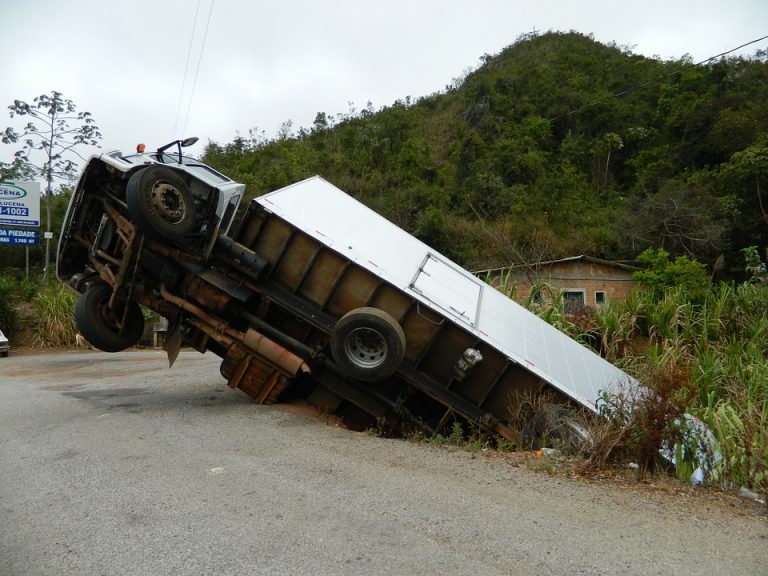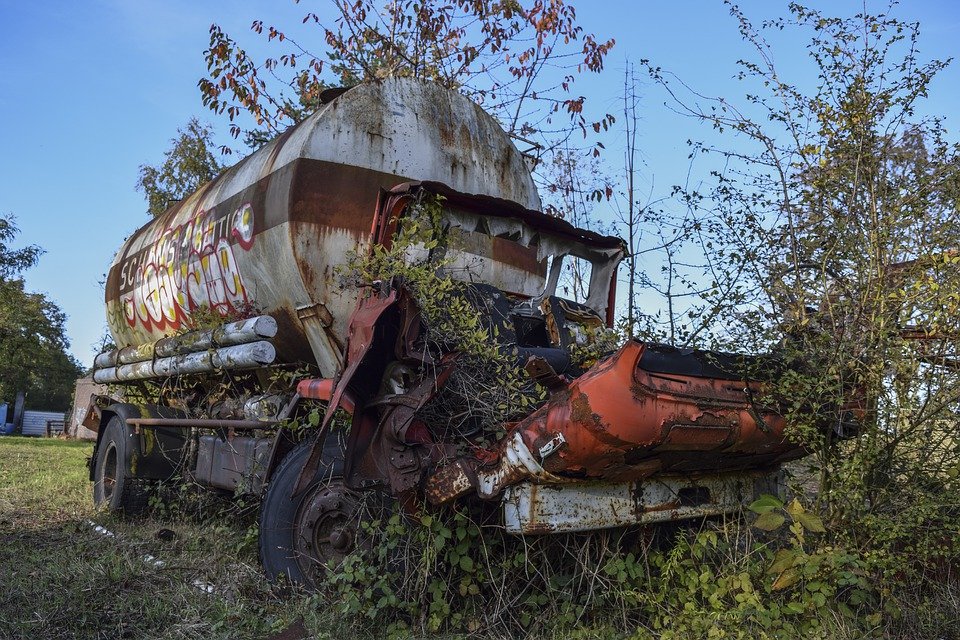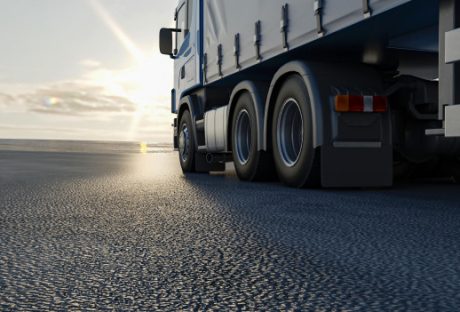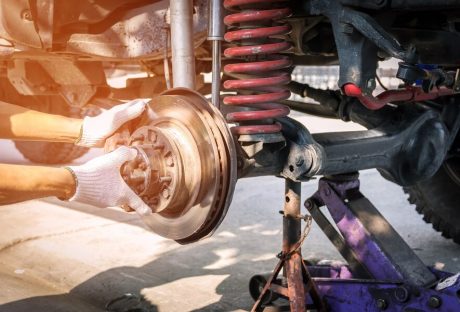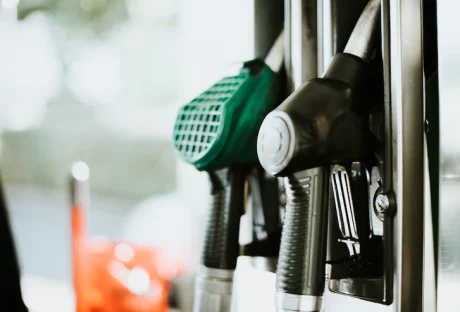Truck accidents happen due to severe weather conditions, road hazards, and exhausted driving. When accidents occur, the laws require further steps than are needed for a standard auto accident.
Federal and state laws apply to truck accidents, and law enforcement must follow these laws when determining what happened. Victims who were involved in a trucking accident review the 7 ways truck accidents differ from regular car accidents.
Here are the 7 Ways Truck Accidents Differ from the Regular Car Crashes:
1. Federal Motor Carrier Safety Administrator Regulations Apply
Federal Motor Carrier Safety Administrator regulations require all commercial drivers to take a resting period after each 12-hour driving schedule. A failure to follow the regulation increases the risk of a trucking accident. All miles traveled in the truck are recorded in the driver’s log. Additionally, the drivers are required to stop at weigh stations that are open throughout the interstate. An imbalanced load increases the risk of the rig jackknifing and causing a trucking accident. All drivers and trucking companies must follow all federal laws pertaining to operating an 18-wheeler.
2. A Higher Potential Payout Through Insurance
Trucking companies have more insurance coverage than most auto owners. Victims involved in the trucking accidents have a chance of receiving far more substantial payouts to cover medical expenses and property damage if the truck is owned by a trucking company. The coverage applies to all victims involved in the accident when the commercial driver is responsible for the accident. If the victim’s injuries and property damage costs exceed the coverage maximum, the victim can file a lawsuit to collect compensation.
3. A More Thorough Investigation is Required
Federal laws require more thorough investigations for all trucking accidents. An investigation determines if the commercial driver followed federal regulations or if the driver was under the influence of drugs or alcohol. The truck is evaluated for mechanical failures that contributed to the accident, too.
4. More Substantial Injuries and a Higher Risk of Fatalities
The risk of more substantial injuries or fatalities is greater than with regular car crashes. The weight of the commercial truck alone increases the likelihood of a fatal accident. Trucking accidents often include several vehicles and multiple injuries.
5. More Potential Individuals Could be Involved in the Accidents
The accountable party isn’t always clear at first when it comes to trucking accidents. First, law enforcement evaluates the driver. If the driver didn’t cause the accident, the next step is to evaluate the truck for mechanical failures and faulty parts. Any mechanical failures that were due to the trucking company’s failure to serve the truck make the trucking company liable.
6. Medical Bills Often Cost More
After a trucking accident, the victim’s medical bills could cost a lot more than if the victim was involved in a regular car crash. Since injuries are often more severe, the medical costs are greater, and some patients sustain permanent injuries. Traumatic brain injuries are more likely in commercial trucking accidents.
7. More Property Damage Than in Regular Auto Accidents
Extensive property damage is possible in a trucking accident. The path of the accident defines how much property damage occurs. If the accident happens on a major highway, it is possible for the accident to involve multiple vehicles and properties that are nearby.
Commercial trucking accidents increase the risk of serious injuries and fatalities. Whenever a large-scale truck is involved, the weight and the speed of the truck play a role in the outcome. Victims who were involved in the accidents follow tips for filing lawsuits and collecting compensation for their injuries and financial losses.
Read Also:
- Get to Know Interstate and Intrastate Heavy Haul Transport
- The Hidden Damages In Workspaces: 5 Steps To Reduce The Risk Of Workplace Injuries!













